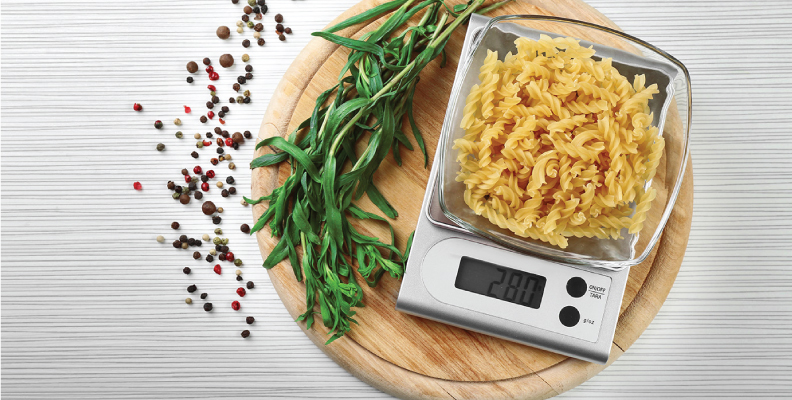Portion Distortion: The New Normal
Have you heard the term “portion distortion?” It refers to our acceptance of larger food portions as the norm. Today, one serving of a product is often 2-3 times bigger than when first introduced. According to the National Heart, Lung, Blood Institute’s Obesity Education Initiative, portion sizes have significantly increased over the last few decades.
Impact on Weight Management
Portion control is crucial for losing or maintaining a healthy weight. Our society often equates bigger portions with better value—think of unlimited thalis or all-you-can-eat buffets. However, larger portion sizes contribute to overeating and weight gain.
A Common Misconception
A nutrition workshop highlighted a body scan of an underweight woman with 30% body fat due to a cereal-heavy diet. This shows that not consuming enough calories can coexist with high body fat, particularly when diet quality is poor.
The Growing Portion Sizes in India
Over the past two decades, Indian portion sizes have increased dramatically, often surpassing those in other countries. Quality over quantity is key to maintaining health. Observing our eating habits can reveal that we often consume more than necessary, and not the right kinds of foods.
Personal Experience with Portion Control
A few years ago, my family decided to improve our eating habits. We realized our portion sizes were out of control, negatively impacting our health and daily performance.
The medical experts transplant the heart
Our clinic is equipped with modern facilities and advanced medical technology to ensure accurate diagnoses and effective treatments. This enables us to provide you with the highest standard of care.
Tips for Managing Portion Sizes
- Use Smaller Plates:Swap dinner plates for salad plates to naturally reduce portion sizes.
- Drink Water Before Meals:This helps you feel full faster and reduces food intake.
- Avoid Seconds:Serve yourself once and put away the rest to resist temptation.
- Get Educated:Learn about optimal portion sizes and essential nutrients.
- Eat Slowly:Allow your body time to recognize fullness to avoid overeating.
- Maintain a Food Diary:Track what and how much you eat to stay accountable.
Rules of Portion Control
Measure and Weigh: Understand what one portion looks like for different foods. Here’s a guide:
- Roti: 6-inch diameter
- Dosa: 8-inch diameter
- Idli: Size of a Marie biscuit
- Rice/Pasta/Poha: Size of a tennis ball
- Bread: Size of an audio cassette tape
- Milk: 150 ml
- Curd (Yogurt): Size of a cricket ball
- Paneer: 6 dice-sized pieces
- Dal/Beans/Chole: Size of a tennis ball
- Cooked Vegetables: Size of a tennis ball
- Fruit: Length of a light bulb
- Soup: Size of a CD
- Salad: Size of a CD
- Chutney/Sauce: Size of a carrom board coin
- Cooked Meat, Fish, Poultry: Size of a deck of cards
- Cheese: A pair of dice
Serve your portion once and stick to it Avoid taking small portions from several categories just to ‘try’ as it increases total calorie load.
Avoid Seconds


